Forty-two percent of Americans said it was likely that people infected with the Zika virus will die from it, an Annenberg Public Policy Center survey found. But the CDC says people "very rarely die of Zika.”
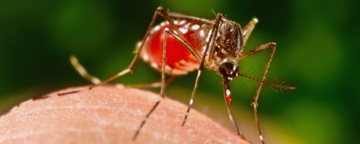

Forty-two percent of Americans said it was likely that people infected with the Zika virus will die from it, an Annenberg Public Policy Center survey found. But the CDC says people "very rarely die of Zika.”

Most Americans say it’s likely they would change their travel plans if they learned that their destination had a Zika virus outbreak, a new Annenberg Science Knowledge survey has found.
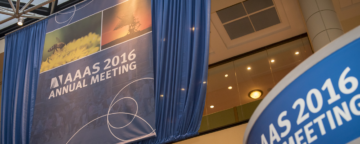
At this year's meeting of the American Association for the Advancement of Science, APPC Director Kathleen Hall Jamieson spoke about countering misuses of scientific findings, and five postdoctoral fellows presented posters.

One in five people incorrectly think that scientists have established that the use of vaccines or a pesticide can cause babies to be born with unusually small heads, according to an Annenberg Science Knowledge survey.
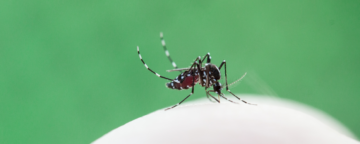
Half of Americans are concerned that the Zika virus spreading throughout Latin America will reach their neighborhoods, according to a survey conducted this month by the Annenberg Public Policy Center. The survey shows a high level of awareness but also confusion and misinformation about the virus.

A new report shows that many people who don't “believe” in evolution are still highly curious about science and engaged by a film about evolution, suggesting there is a “missing audience” for documentaries about science.
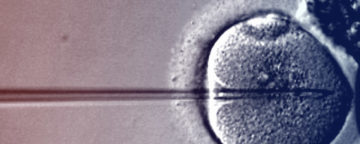
Annenberg Public Policy Center visiting scholar Dietram A. Scheufele has been appointed to a committee of the National Academies of Sciences, Engineering, and Medicine that will study the wide-ranging implications of human gene editing and make recommendations for future research and practices.
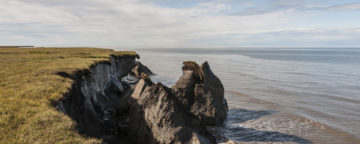
By the 2050s, parts of the Arctic Ocean once covered by sea ice much of the year will see at least 60 days a year of open water, according to a new modeling study led by a University of Colorado Boulder researcher now at APPC.
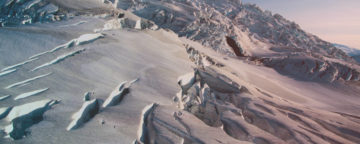
At a time when the scientific consensus on critical issues such as vaccinations and climate change is being called into question, a comprehensive new handbook will examine the current state of the science of science communication.